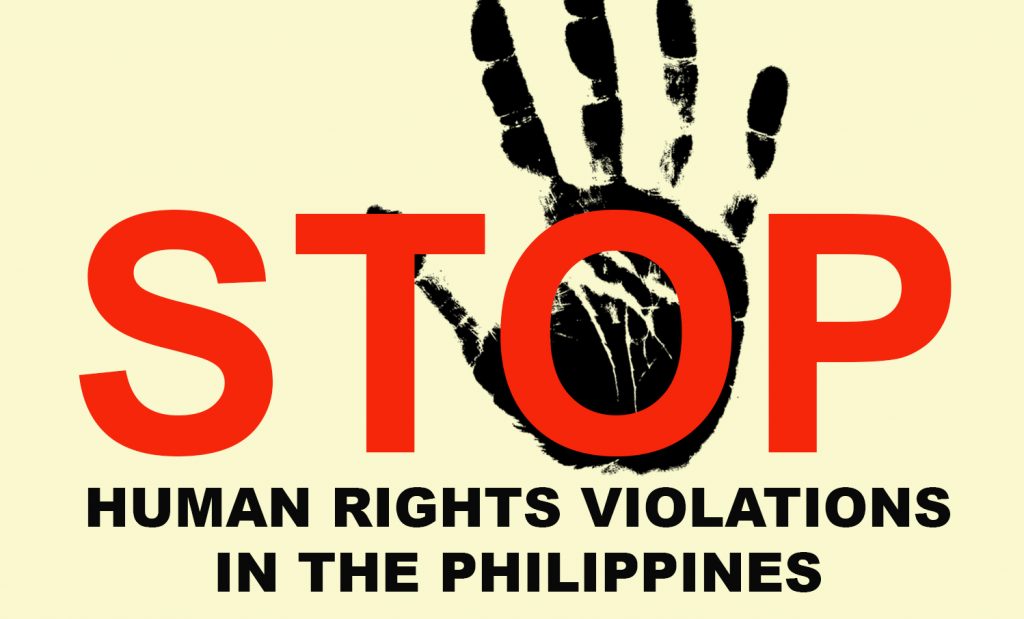Christian Conference of Asia condemns police harassment against the clergy in the Philippines

Posted on 27 June 2019
Christian Conference of Asia (CCA) condemned the continued operations by the military and the police in the hinterlands of Mindoro province and other parts of the Philippines as a result of the Oplan Kapanatagan (Operation Plan Stability) “all-out war policy” of the government.
Police intimidation of a district superintendent and an ordained minister of the United Methodist Church in the Philippines is the most recent incident reported of the high handedness of the police against the pastors, which has been happening in several parts of the country.
Expressing CCA’s solidarity on behalf of the Asian churches with the churches in the Philippines that are often targeted by the police and military in the country, the CCA General Secretary Dr. Mathews George Chunakara stated, “CCA condemns the unlawful acts of the Philippine National Police and the Armed Forces of the Philippines (PNP/AFP) against ordained clergy and faithful in the churches who are providing pastoral care and support to people who face difficult situations”.
Rev. Glofie G. Baluntong, superintendent of the Oriental Mindoro-Romblon-Marinduque district, and Rev. Wilfredo Yasay, pastor of Good News United Methodist Church in Roxas, were reportedly intimidated by a group of the Philippine National Police at the church on 17 June 2019.
Several members of the police and military forces conducted a search operation at the United Methodist Church in Barangay Dangay, Roxas, Oriental Mindoro, despite not producing a search warrant, and ordered the clergy to surrender their guests to the police so that they would not be held as accomplices.
Dr. Mathews George Chunakara further stated, “The reported incident in Dangay United Methodist Church causes fear and anxiety among the pastors and members of the congregations. The police action of barging into the sanctuary of the Church and its premises, flaunting their rifles and harassing the pastors are clear examples of a lack of respect for the sanctity of the Church and Christian witness”.
“The authorities should respect the pastoral ministry of the pastors and churches who are mandated to be with the victims of violence, the poor and the deprived”, urged the CCA General Secretary.
The pastors of Dangay Church were accused of housing certain members of Karapatan, an NGO alliance of individuals and organizations working for the promotion and protection of human rights in the Philippines.
The United Methodist Church Southwest Philippines and the Philippines Central Conferences declared their position that all congregations of the United Methodist churches in their respective jurisdictions serve as sanctuary for the victims of both natural and human-made calamities, regardless of who they are.
The government’s declaration of an “all-out war” has often resulted in abuse of power against communities and even churches that support human rights defenders.










